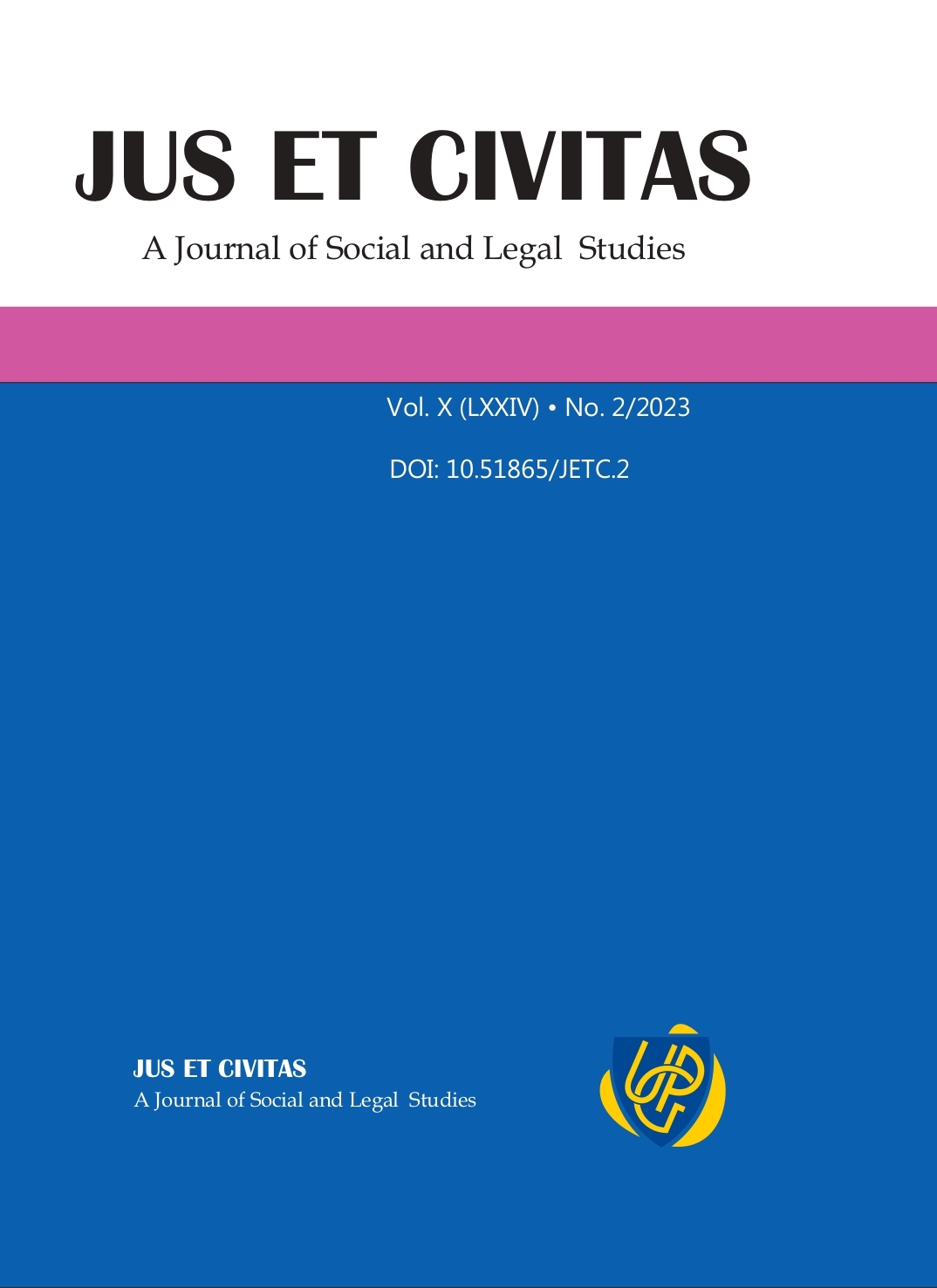A Romanian Example of Compensation for Non-material Damages Caused by a Violation of the Right of Access Provided by the General Data Protection Regulation
A Romanian Example of Compensation for Non-material Damages Caused by a Violation of the Right of Access Provided by the General Data Protection Regulation
Author(s): Silviu Dorin ŞchiopuSubject(s): Law, Constitution, Jurisprudence, Constitutional Law, International Law, Law on Economics, EU-Legislation, Administrative Law, Labour and Social Security Law
Published by: Editura Universitatii Petrol-Gaze din Ploiesti
Keywords: non-pecuniary damages; non-material damages; moral damages; infringement; non-compliance; right of access; violation; General Data Protection Regulation, GDPR;
Summary/Abstract: The former European Union Civil Service Tribunal admitted the existence of non-material damage that is separable from the unlawfulness that is the basis for the annulment of a contested decision and which cannot be entirely repaired by that annulment. So, the frustration of being forced to bring an action, on the one hand, and a state of serious uncertainty and concern (anxiety), on the other hand, may constitute actual harm suffered giving rise to the claim for moral damages, as long as the illegality of the wrongful act and the existence of a causal link between the act and the damage suffered are also proved. The Romanian courts awarded moral damages for the infringement of the right of access provided by Regulation (EU) 2016/679 to compensate the feeling of injustice and the anxiety caused by the fact that a person had to conduct a pre-litigation procedure and then a litigation procedure in order to have his rights recognised. This paper argues that the data subjects should demand and the courts should award non-material damages not only for the frustration of being forced to bring actions to defend their right to the protection of personal data, but also for the serious state of uncertainty and concern that can be generated by the loss of control over their own personal data when the controller disregards the right of access of the data subject, right designed to allow the latter to be aware of, and verify, the lawfulness of the processing.
- Issue Year: LXXIV/2023
- Issue No: 2
- Page Range: 1-8
- Page Count: 8
- Language: English

